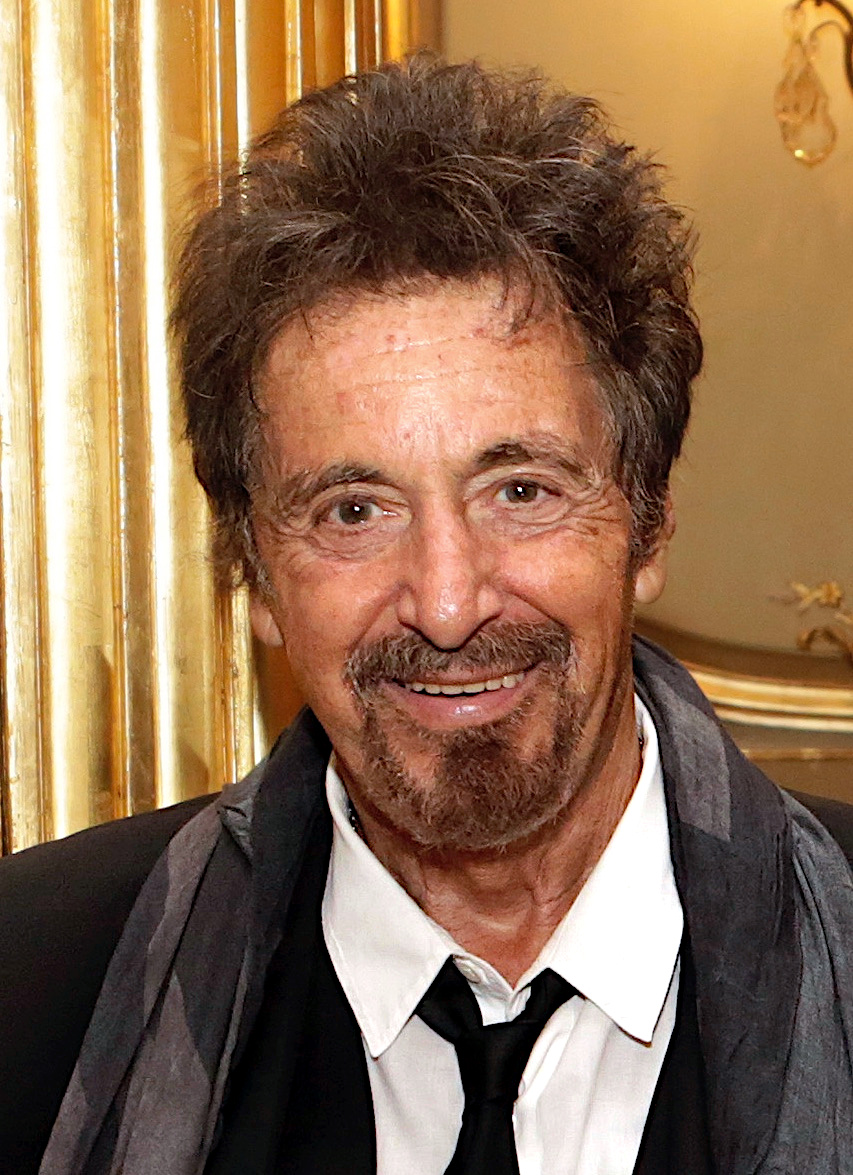
Al Pacino. The very name conjures images of simmering intensity, explosive drama, and a profound dedication to character that has reshaped the landscape of American cinema. Decades after his unforgettable transformation as Michael Corleone in *The Godfather*, the Oscar-winning actor, now gracefully navigating his 80s, remains not merely a historical figure but a vibrant, vital force within Hollywood’s evolving tapestry. His ongoing presence, from streaming series to major film productions, public appearances to quiet mentorship, attests to an influence that has only deepened with time.
Indeed, at 84 years of age, Al Pacino’s thoughts often turn to the expansive tapestry of his legacy and the inescapable contemplation of mortality, spurred not just by the natural reflections of time but also by profound personal milestones, including the recent birth of his son, Roman, and a harrowing brush with death from COVID-19. This reflective period has culminated in his candid memoir, *Sonny Boy*, a deeply personal exploration designed to bridge generations and offer an intimate glimpse into the mind of a man who has lived an extraordinary life both on and off screen.
As we embark on an in-depth journey through the multifaceted career of this cinematic titan, we will trace the evolution of a prodigious talent – from his rigorous training in the crucible of method acting to the iconic roles that have indelibly marked film history. We’ll explore how Pacino, through sheer dedication and an insatiable appetite for challenging himself, has not only adapted to the industry’s ever-shifting currents but has actively helped to shape them, continually pushing boundaries and redefining what it means to be a living legend at the apex of his craft.
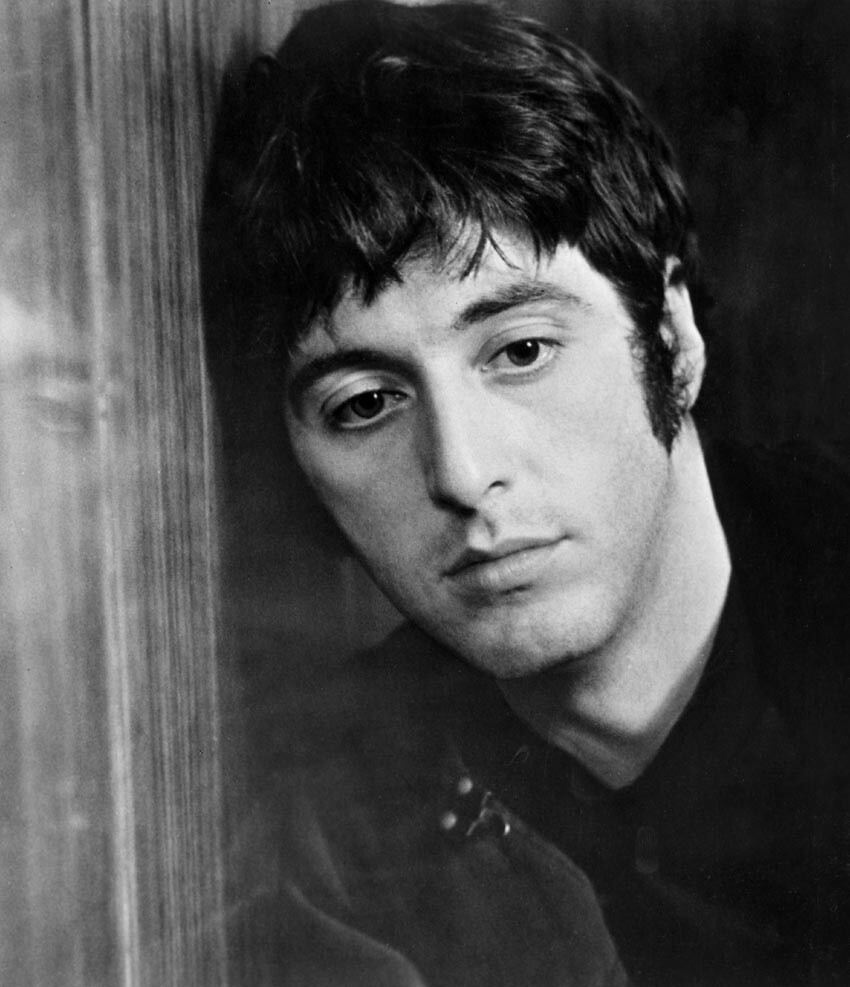
1. Early Life and Method Acting Foundations
Born Alfredo James Pacino in the bustling borough of East Harlem, New York, in 1940, his origins were far removed from the glitz and glamour that would later define his career. Raised in the Bronx by his mother and grandparents after his parents’ separation, Pacino’s early life was steeped in a working-class Italian-American milieu, deeply shaped by the vibrant, often raw, energy of New York’s streets and its nascent small theatre scene. It was here, amidst the rhythms of the city, that a nascent interest in performance began to stir within him.
His academic path, however, was less distinguished than his burgeoning artistic curiosity. Pacino struggled in traditional schooling, a common narrative for many who found their true calling outside the classroom, eventually finding his way to the High School of Performing Arts. Yet, even this initial step into formal training was interspersed with considerable hardship; his early years were a testament to resilience, marked by a series of menial jobs, periods of homelessness, and the discouraging sting of numerous failed auditions that might have deterred a less determined spirit.
The true turning point arrived with his acceptance into the revered Actors Studio, a hallowed ground for aspiring performers. Here, under the tutelage of the legendary teacher Lee Strasberg, Pacino immersed himself fully in the discipline of method acting. This rigorous approach, emphasizing deep psychological identification with a character, would fundamentally shape his artistic philosophy and become the bedrock of his career. His early theatre work throughout the 1960s, particularly off-Broadway, quickly garnered critical praise, signaling the emergence of a formidable talent destined for larger stages.
Read more about: The Life and Times of Conchata Ferrell: Celebrating an Incomparable Character Actress

2. Breakthrough with *The Panic in Needle Park*
While his official cinematic debut came quietly with *Me, Natalie* in 1969, it was just two years later, in 1971, that Al Pacino truly announced his arrival on the big screen with *The Panic in Needle Park*. This film was a raw, unflinching portrayal of heroin addiction, a stark and uncompromising look at life on the margins that showcased a different kind of Hollywood leading man. Pacino’s performance was not merely a role; it was an immersion, a testament to the depths he was willing to plumb for authenticity.
His intense, brooding screen presence in *The Panic in Needle Park* captivated audiences and, more importantly, caught the discerning eye of a director who would soon redefine American cinema: Francis Ford Coppola. Coppola recognized in Pacino a unique blend of vulnerability and simmering power, an intangible quality that hinted at untapped reservoirs of dramatic potential. The film itself may not have been a blockbuster, but its artistic impact was undeniable, revealing an actor who possessed an almost hypnotic ability to command attention without uttering a single word.
This role, far from the polished performances often lauded in Hollywood, revealed a gritty, street-level realism that was perfectly aligned with the burgeoning New Hollywood movement. It showcased a young Pacino’s capacity for sustained, internalized emotion, hinting at the profound transformations he would soon embody. It was an audacious statement of intent, proving that Pacino was not just another actor, but a force capable of bringing a profound, almost unsettling truth to the screen.
Read more about: Unveiling the Layers: 12 Profound Stories of Tattoo Regret and the Journey to a Clean Slate
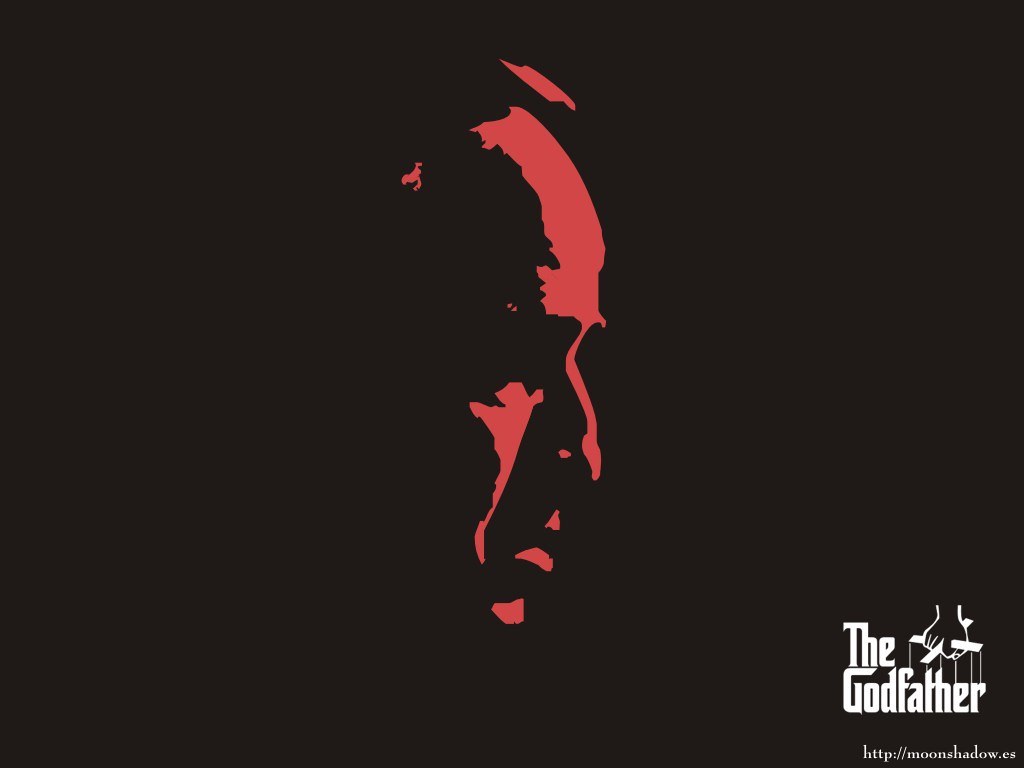
3. The Defining Role: Michael Corleone in *The Godfather*
The cinematic world irrevocably shifted in 1972 with the release of *The Godfather*, and at its quiet, simmering heart was Al Pacino as Michael Corleone. Francis Ford Coppola’s decision to cast the then-relatively unknown actor in such a pivotal role was met with considerable skepticism from studio executives, who envisioned a more established star. However, Coppola’s unyielding belief in Pacino proved to be one of the most inspired casting choices in film history, setting the stage for a performance that would become a benchmark for cinematic acting.
Pacino’s portrayal was nothing short of a meticulously controlled transformation, evolving from a reluctant outsider and war hero, initially detached from his family’s criminal empire, into a cold, calculating, and ultimately ruthless mafia boss. This arc was not merely an acting feat; it was a profound character study, displaying an unprecedented journey of moral decay and the seductive, destructive nature of power. His quiet intensity, simmering beneath a veneer of composure, allowed him to convey complex layers of emotion with a single, potent glance, captivating audiences with a slow burn that spoke volumes.
The film’s monumental critical and commercial success instantly catapulted Pacino into the pantheon of Hollywood’s elite, solidifying his status as a leading man of extraordinary depth. Michael Corleone became an icon, a testament to Pacino’s gift for understatement, where his eyes, often filled with conflicting feelings of duty, love, and simmering anger, told a thousand stories without the need for grand gestures. It was here that his unique ability to balance subtlety with explosive force became undeniably evident, laying the groundwork for a legendary career.
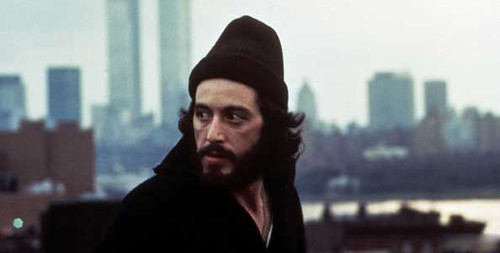
4. The Gritty 1970s Realism: *Serpico* and *Dog Day Afternoon*
Following the groundbreaking success of *The Godfather*, Pacino didn’t rest on his laurels but rather dove deeper into the gritty, psychologically complex roles that would define the era of 1970s American realism. His subsequent performances in films like *Serpico* (1973) and *Dog Day Afternoon* (1975) not only solidified his burgeoning reputation but established him as an actor capable of extraordinary range, consistently portraying deeply flawed yet profoundly sympathetic characters caught in the morally ambiguous currents of their times.
In *Serpico*, Pacino delivered a riveting portrayal of Frank Serpico, a real-life whistle-blowing NYPD officer who dared to expose corruption within his department. This performance was an electrifying blend of intensity and vulnerability, allowing audiences to deeply empathize with a man who, against impossible odds, clung fiercely to his integrity. His nuanced depiction made Serpico not just a hero, but a profoundly human figure, battling internal and external demons with equal fervor, cementing Pacino’s ability to anchor narratives of social commentary with visceral truth.
Just two years later, *Dog Day Afternoon* offered another masterclass in character study. As Sonny Wortzik, a desperate bank robber whose motivations stemmed from an unconventional act of love rather than greed, Pacino crafted a performance that was both kinetic and profoundly vulnerable. He skillfully layered Sonny’s desperation with unexpected moments of humor, anxiety, and sheer, relatable humanity, illustrating a remarkable ability to extract profound emotional truth from extraordinary circumstances. These roles collectively showcased Pacino’s unwavering commitment to exploring the inner turmoil of individuals existing in the challenging, morally grey areas of society.
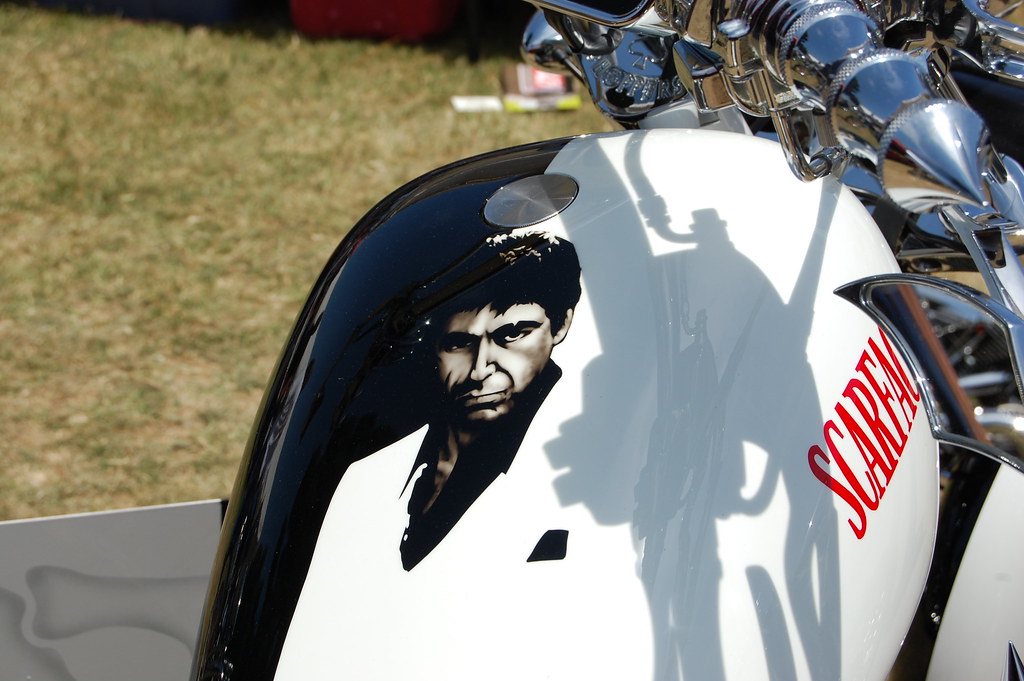
5. The Transformative Force of *Scarface*
The 1980s marked a significant period of risk and audacious reinvention for Al Pacino, culminating in one of his most iconic and polarizing performances: Tony Montana in Brian De Palma’s *Scarface* (1983), penned by the formidable Oliver Stone. This role saw Pacino shed the more internalized realism of his 1970s characters to embrace a performance that was grandiose, operatic, and unapologetically over-the-top. It was a stylistic departure that would forever embed itself in cinematic history, defining a new, brash era for the actor.
Upon its initial release, *Scarface* was met with considerable critical division, often lambasted for its perceived excesses and extreme stylization. Yet, time has been kind to this audacious film, which has since ascended to cult status and is now widely regarded as a major work within Pacino’s extensive canon. Its enduring appeal, particularly among younger audiences and its deep resonance within hip-hop culture, speaks volumes about the raw power and unforgettable presence Pacino brought to the character of Tony Montana, a Cuban immigrant who rises to become a notorious drug lord.
In *Scarface*, Pacino was at his most bombastic, loud, and unreservedly theatrical. Yet, even amidst the explosions and expletives, his defining trait—the ability to humanize even the most larger-than-life figures—shone through. He infused Tony Montana with a fierce ambition, a primal fear, and a deeply rooted sense of pride that transcended mere caricature. The character’s indelible lines, such as “Say hello to my little friend,” became etched into pop culture, but it was the complex, tragically flawed humanity beneath the bravado that continues to make Tony Montana a mesmerizing and enduring figure.
Read more about: What If? Exploring the Unbelievable Stories of 14 Actors Who Rejected Iconic Roles That Became Cinematic Classics
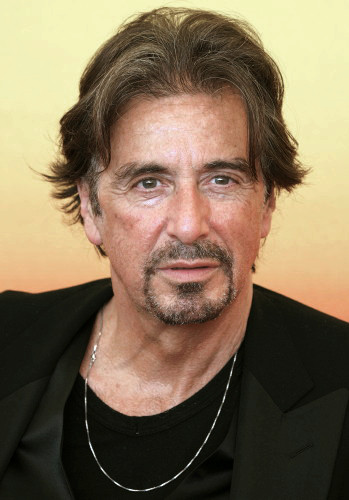
6. The 1980s Hiatus and Return to Theatre
The intense, often polarizing reception of *Scarface* was followed by a period of introspection and a notable shift in Al Pacino’s career trajectory. After the audacious highs of Tony Montana, he ventured into less conventional projects, most notably *Revolution* (1985). This historical drama, however, proved to be a critical and commercial misstep, suffering a significant flop that prompted Pacino to make a decisive move: he retreated from screen acting entirely for four years, choosing instead to recommit himself wholeheartedly to the stage.
This hiatus from Hollywood was not a retreat from performance itself, but rather a return to his artistic roots. Pacino immersed himself back into the world of theatre, a domain where his passion for the craft, particularly for Shakespearean drama, had always burned brightest. This profound dedication to the stage remained a central pillar throughout his career, acting as a grounding force amidst the demands of screen stardom, and serving as a crucible for his acting technique.
He frequently returned to challenging Shakespearean roles such as Richard III, Shylock, and Hamlet, often exploring these characters in various adaptations, demonstrating a continuous, unwavering commitment to the intricacies of performance beyond the cinematic spotlight. This period powerfully underscored Pacino’s dedication to the art of acting itself, prioritizing creative integrity and the pursuit of craft over the relentless pursuit of commercial success, a trait that would continue to define his enduring legacy.
Read more about: Beyond Bayside and Backlash: Unpacking the Enigmatic Career and Enduring Legacy of Elizabeth Berkley

7. 1990s Resurgence and the Long-Awaited Oscar for *Scent of a Woman*
The 1990s heralded a magnificent career resurgence for Al Pacino, marking a period where he comfortably inhabited roles as older, often more volatile, and morally complex figures, further cementing his versatility. He notably reprised his iconic role as Michael Corleone in *The Godfather Part III* (1990), a return that thrilled fans, before delivering a string of sharp, memorable performances in acclaimed films such as *Frankie and Johnny*, the searing ensemble drama *Glengarry Glen Ross*, and the stylish crime epic *Carlito’s Way*, showcasing a renewed vigor and mastery of his craft.
However, it was his electrifying portrayal of Lieutenant Colonel Frank Slade in *Scent of a Woman* (1992) that would ultimately secure his place in Academy Award history. In this role, Pacino played a blind, embittered army veteran, a character overflowing with bravado, yet simultaneously revealing profound depths of vulnerability and an unparalleled command of physical space. His performance, characterized by its flamboyant intensity and fiery spirit, resonated deeply with audiences and critics alike, even as some might argue it ventured close to indulgence.
After seven previous nominations spanning two decades, Pacino finally claimed the coveted Academy Award for Best Actor for his work in *Scent of a Woman*. This long-awaited recognition was a powerful testament to his unwavering dedication and the sheer magnetic force of his acting. It was a moment of triumph, not just for the actor, but for an industry that had long celebrated his prodigious talent, confirming his status as an actor whose presence could elevate any material and whose impact was undeniable.
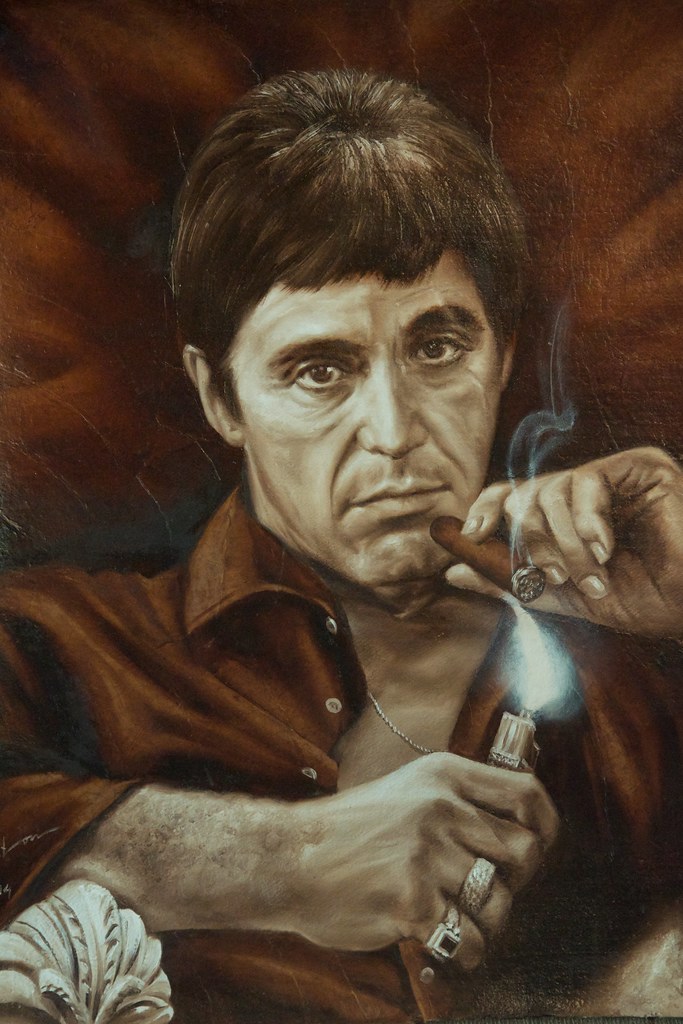
8. The Iconic On-Screen Meeting: *Heat* and 1990s Dominancet.
As the 1990s progressed, Al Pacino solidified his magnificent resurgence with a series of acclaimed performances that showcased his unparalleled versatility. Following his long-awaited Oscar win, he continued to embrace roles that were both challenging and deeply engaging, further cementing his reputation as an actor of extraordinary depth. Among these, his collaboration with director Michael Mann in the intensely cerebral crime epic *Heat* (1995) stands as a monumental achievement, particularly for a long-anticipated cinematic event.
*Heat* notably brought Pacino together with his peer and fellow titan of acting, Robert De Niro, in shared scenes for the very first time. Their diner conversation, a masterclass in understated intensity, has since become one of modern cinema’s most meticulously analyzed sequences. It wasn’t merely a meeting of characters, but a collision of two distinct acting philosophies, creating an electrifying tension that resonated deeply with audiences and critics alike. This iconic encounter powerfully demonstrated Pacino’s ability to hold his own, even against a legendary counterpart, elevating the film to a new level of dramatic resonance and solidifying its place in film history.
Beyond this legendary pairing, Pacino continued his impressive run with films like *The Insider* (1999), where he portrayed a weathered television producer uncovering corporate malpractice. This role further highlighted his natural transition into characters of gravitas and authority, allowing him to explore complex ethical dilemmas and personal integrity with his characteristic depth and precision. The 1990s truly reaffirmed Pacino’s status, not just as a returning star, but as an actor whose consistent presence could deliver powerful, memorable performances, continually pushing the boundaries of his craft and enriching the cinematic landscape with his undeniable talent.
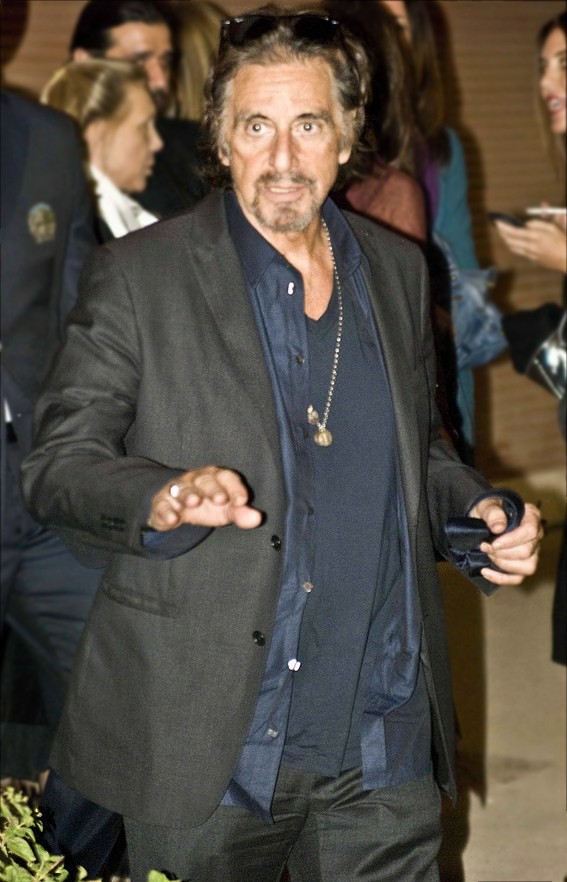
9. Evolving into the 2000s: Versatility and Character Depth
Entering the new millennium, Al Pacino gracefully transitioned into the revered role of an elder statesman of Hollywood, yet his profound commitment to complex, challenging characters remained undiminished. He deliberately sought out parts that allowed him to explore different facets of the human condition, often imbued with a newfound gravitas that his earlier, more explosive roles only hinted at. This era showcased his remarkable capacity for nuanced portrayal across diverse genres, proving his adaptability and enduring artistic curiosity.
One such memorable turn came in *The Devil’s Advocate* (1997), where he embodied the charismatic yet chilling figure of Satan, delivering a performance brimming with seductive menace and theatrical flair. This was quickly followed by his work in Christopher Nolan’s taut psychological thriller *Insomnia* (2002), playing a detective haunted by a fatal mistake under the perpetual twilight of the Alaskan summer. Here, Pacino stripped away any artifice, offering a raw, introspective performance that powerfully underscored his profound ability to convey deep internal turmoil with compelling authenticity.
Pacino’s brilliance also extended seamlessly to the small screen, where he garnered significant critical acclaim and prestigious awards. His Emmy-winning portrayal of the infamous Roy Cohn in HBO’s *Angels in America* (2003) was a tour de force, embodying a figure of immense power and surprising vulnerability. He continued this trend with captivating biographical portraits, notably as controversial physician Jack Kevorkian in *You Don’t Know Jack* (2010) and the enigmatic music producer Phil Spector in the HBO film of the same name (2013). These roles emphatically proved that Pacino’s distinctive energy and meticulous approach to character were just as potent, if not more so, in the intimate setting of television.
Read more about: Revisiting the 2000s: Skincare Trends We Loved and Their Modern Counterparts
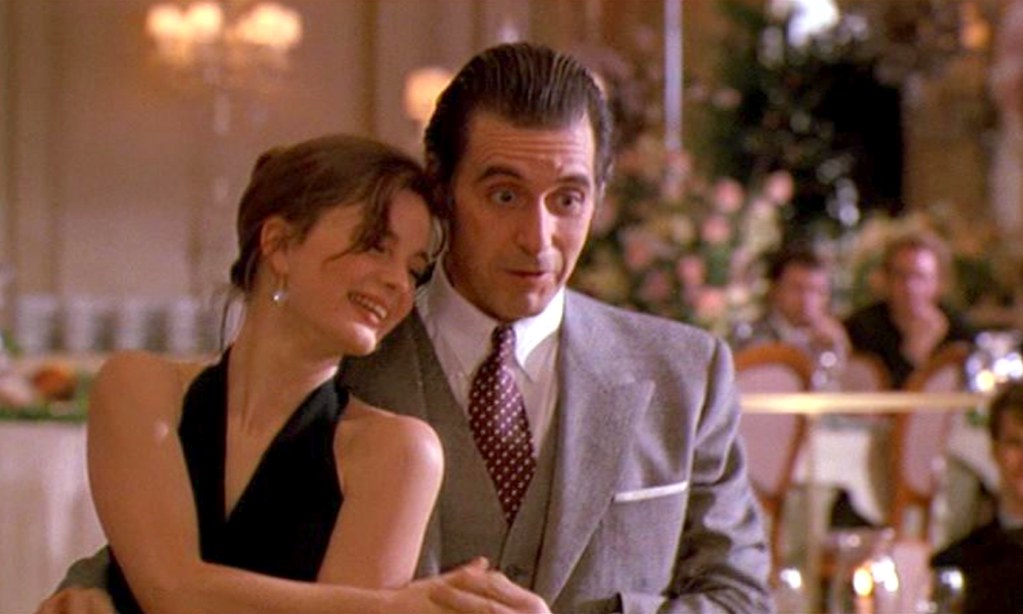
10. Late-Career Excellence: *The Irishman* and Scorsese Reunion
The year 2019 heralded one of Al Pacino’s most celebrated late-career achievements: his powerful portrayal of Jimmy Hoffa in Martin Scorsese’s sprawling Netflix epic, *The Irishman*. This film was a monumental cinematic event, not only for its narrative scope and innovative de-aging technology but also for majestically reuniting Pacino with legendary director Scorsese and his longtime collaborators, Robert De Niro and Joe Pesci. It marked a triumphant return to the mob drama genre that had defined much of his early career, yet with a distinct maturity and reflective depth that captivated audiences anew.
Pacino’s performance as the volatile and ultimately doomed labor union leader Jimmy Hoffa earned him widespread critical acclaim, culminating in nominations for both an Academy Award and a BAFTA. He imbued Hoffa with a characteristic blend of swagger, unwavering conviction, and underlying vulnerability, crafting a character that felt both larger than life and profoundly human. His scenes with De Niro, portraying Frank Sheeran, were particularly magnetic, echoing the intensity and intricate nuance of their earlier, iconic confrontations and demonstrating their enduring chemistry.
*The Irishman* beautifully showcased how Pacino’s deliberate, old-school intensity remained as captivating as ever, even as the industry embraced new styles and faster pacing. It was a testament to his enduring power to dominate a scene, drawing viewers into the complex web of loyalty, betrayal, and the inexorable passage of time that defines the film’s rich narrative. This role not only added another indelible layer to his already immense legacy within American gangster cinema but also reminded audiences that even in his eighties, Pacino continued to deliver performances of unparalleled caliber.
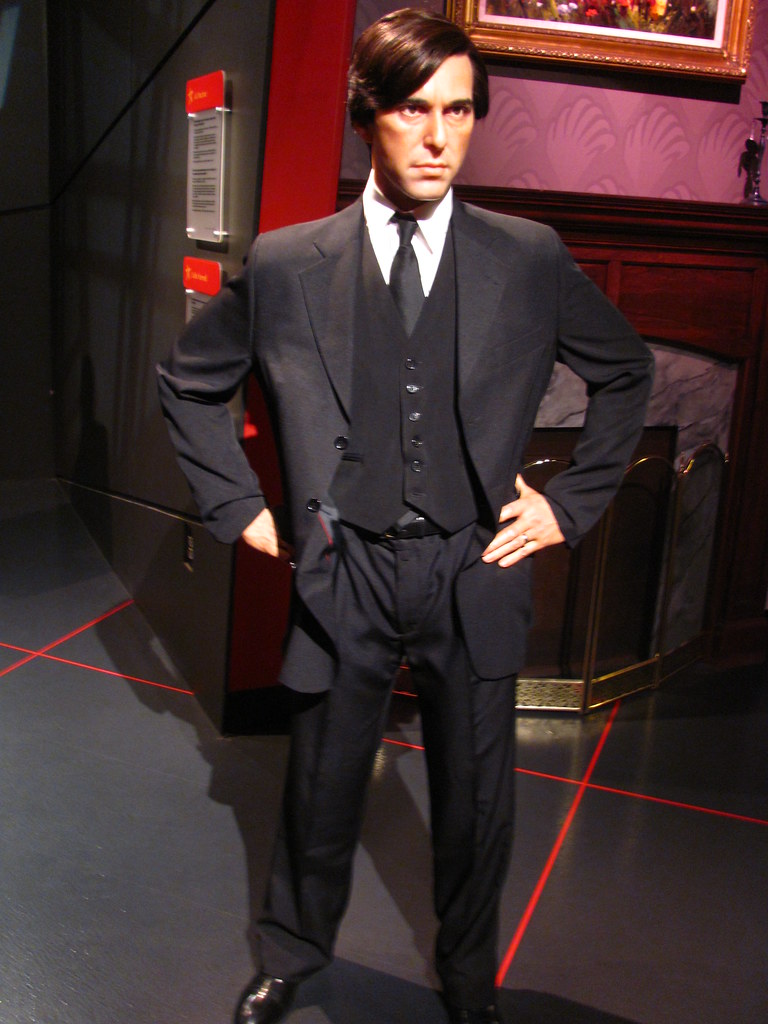
11. Expanding Horizons: Television and Directorial Ventures
Al Pacino’s remarkable career trajectory has consistently demonstrated an unwavering willingness to explore new mediums and creative avenues, proving that his artistic curiosity extends far beyond traditional film roles. In recent years, he made a significant foray into the world of episodic television with his first recurring series role in *Hunters* (2020–2023), an Amazon Prime original. This strategic move was a clear indication that he refuses to rest on past achievements, choosing instead to continually expand his repertoire and engage with modern storytelling platforms and their vast audiences.
In *Hunters*, Pacino took on the complex character of Meyer Offerman, a Holocaust survivor who leads a secret group of Nazi hunters in 1970s America. While the show itself garnered mixed reviews, Pacino’s performance was universally lauded. He brought his signature intensity, layered emotional depth, and deeply human portrayal to the role, commanding every frame and reminding viewers of his profound ability to elevate any material with his magnetic presence. This venture into streaming television allowed him to reach younger audiences while staying true to his profound dramatic roots.
Beyond his celebrated acting career, Pacino has also ventured compellingly behind the camera, showcasing his passion for the craft of filmmaking and storytelling. He has directed two feature-length projects, *Looking for Richard* (1996), a meta-documentary that meticulously delves into Shakespeare’s *Richard III*, and *Wilde Salomé* (2011), an experimental fusion of film, theatre, and biography. These directorial efforts reveal Pacino’s profound understanding of performance and narrative, underscoring his holistic commitment to the art form and his continuous exploration of its multifaceted possibilities.
Read more about: Live Long and Prosper: Unpacking the Incredible Journeys of the Last Surviving Stars from Star Trek: The Original Series
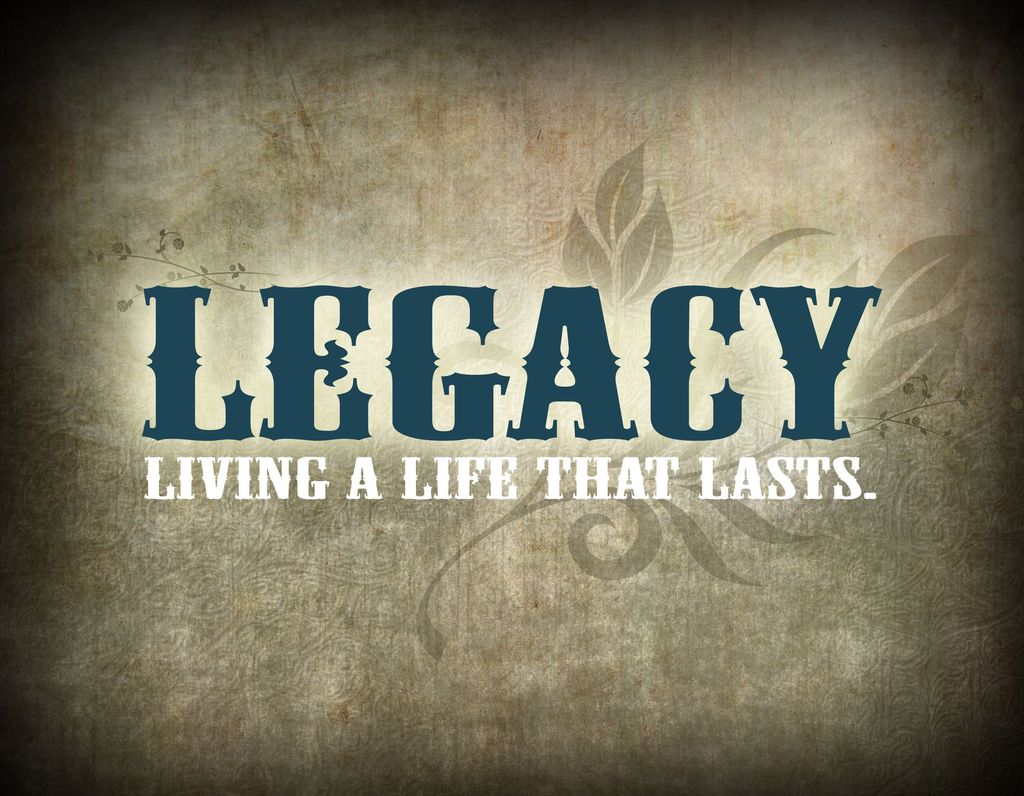
12. A Legacy Beyond the Screen: The Triple Crown and Mentorship
Al Pacino’s profound contributions to cinema and the performing arts are not merely confined to his individual performances; they encompass a legacy that speaks to extraordinary versatility and an unparalleled commitment to excellence across all major acting mediums. He is one of the rare few actors to have achieved the esteemed “Triple Crown of Acting,” an honor proudly bestowed upon those who have won an Oscar (film), an Emmy (television), and a Tony (theater). This remarkable feat stands as a powerful testament to his exceptional range and his singular ability to master the distinct demands of stage, screen, and television with equal intensity.
His tireless dedication to theatre, often returning to challenging Shakespearean roles such as Richard III, Shylock, and Hamlet, has been a grounding force throughout his screen stardom. This continuous, passionate engagement with live performance not only kept his craft exceptionally sharp but also underscored his consistent prioritization of creative integrity over commercial pursuit, inspiring countless aspiring actors with his unwavering artistic devotion. The Triple Crown is not just a collection of prestigious awards; it symbolizes a career defined by an unwavering pursuit of artistic depth and a relentless drive to push personal boundaries across fundamentally different disciplines.
Furthermore, Pacino has generously embraced impactful mentorship roles, actively advising young actors and filmmakers through industry panels, private workshops, and collaborations with esteemed film schools. He is widely regarded as one of the most giving mentors in the business, taking precious time to guide those who share his passion for the craft. His willingness to impart wisdom and experience demonstrates an influence that extends far beyond his captivating on-screen presence, ensuring that his profound impact on the art of acting will continue to shape future generations of storytellers and performers for decades to come.
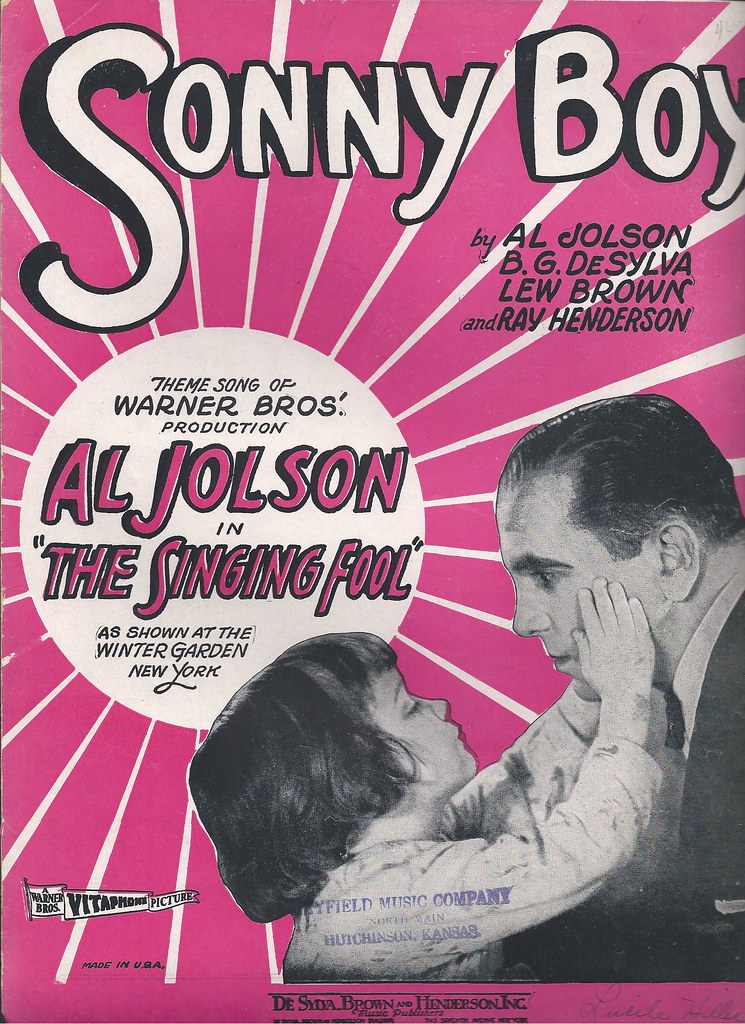
13. Personal Reflections: Mortality, Legacy, and *Sonny Boy*
At 84 years of age, Al Pacino’s thoughts have naturally turned to the expansive tapestry of his legacy and the inescapable contemplation of mortality. This deeply reflective period has been profoundly influenced not just by the natural reflections of time but also by significant personal milestones, including the recent birth of his son, Roman, whom he fathered at 83. The profound desire to connect with his youngest child, should the inevitable happen before Roman is grown, bravely spurred him to embark on a deeply personal project: his memoir, *Sonny Boy*.
Released on October 8, *Sonny Boy* is an intimate exploration, carefully designed to bridge generations and offer a candid, heartfelt glimpse into the mind of a man who has lived an extraordinary life. The title itself stems from a cherished nickname lovingly given to Pacino by his mother, adding another layer of deeply personal resonance to the narrative. The memoir courageously reveals that this intense focus on his years ahead was also catalyzed by a harrowing brush with death from COVID-19 in 2020, an experience that gave him a stark, new perspective on life’s fragility and preciousness.
Pacino recounted on a podcast how contracting COVID-19 nearly took his life, explaining that he lost consciousness at one point. He shared, “I was sitting there at my house, and I was gone. Like that. I didn’t have a pulse,” describing the surreal experience of paramedics surrounding him upon regaining consciousness and exclaiming, “He’s back. He’s here.” Though he didn’t see any “white light,” this brief, intense encounter with what felt profoundly like death impacted his mindset, intensifying his reflections on what truly matters and his fervent desire to leave a tangible legacy through his words for his family.

14. Overcoming Personal Battles: Alcoholism and Resilience
*Sonny Boy* delves into some of the more challenging and deeply personal chapters of Al Pacino’s life, including his candid struggles with alcoholism throughout his illustrious career. The memoir reveals that his history with alcohol began early, as he initially used it as a companion to navigate the trying times of being a rising star and later, the overwhelming and unexpected spotlight that came with phenomenal success like *The Godfather*. For years, alcohol became his crutch, impacting both his personal well-being and, at times, his professional reputation in the unforgiving glare of Hollywood.
Pacino courageously admitted that he often suffered horrifying “blackouts” and would frequently skip significant awards shows and press events, a behavior that certainly impacted his standing in an industry constantly under intense scrutiny. He openly states, “Alcohol is a depressant – like, literally it brings you down.” The profound psychological impact of his intense role as Tony Montana in *Scarface* (1983) reportedly served as a pivotal moment, forcing him to face reality and decide on a profound turnaround. This courageous decision marked the arduous beginning of his journey towards sobriety, a path he has now maintained for four transformative decades.
Reflecting candidly on that dark period, Pacino acknowledged, “It really was terrible.” However, he also expressed profound gratitude for his hard-won recovery, adding with clear relief, “But then, eventually, thank God, it got there.” His transparency in discussing these deeply personal battles underscores a remarkable resilience and a powerful desire to connect authentically with his audience and family. It reveals a man who, despite his towering public persona, bravely grappled with very human vulnerabilities, and ultimately found immense strength in confronting them directly. This enduring commitment to personal growth, alongside his continuous artistic endeavors, further solidifies his image as a living legend still actively shaping his rich narrative.
Read more about: Unveiling the Powerhouse: Exploring the Foundational Strengths Behind America’s Advanced Naval Capabilities
Al Pacino, at 84, remains a vibrant force of nature—a testament to relentless dedication, profound introspection, and an unquenchable thirst for the craft. His extraordinary journey, from the raw intensity of his early method acting to the reflective wisdom of his later years, is not merely a chronicle of iconic roles but a continuous evolution of an artist deeply engaged with life’s biggest questions. Whether commanding the screen as a mob boss, a Nazi hunter, or a profound figure grappling with mortality, he brings an inimitable depth and fire to every performance, ensuring that his story is far from over. In a world that often rushes to define and categorize, Pacino stands as a living reminder that true talent, passion, and purpose are timeless, eternally shaping the future of storytelling with his unparalleled artistry.



